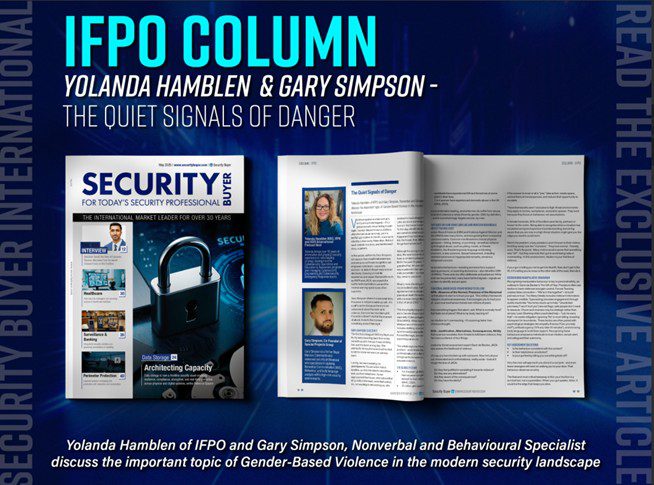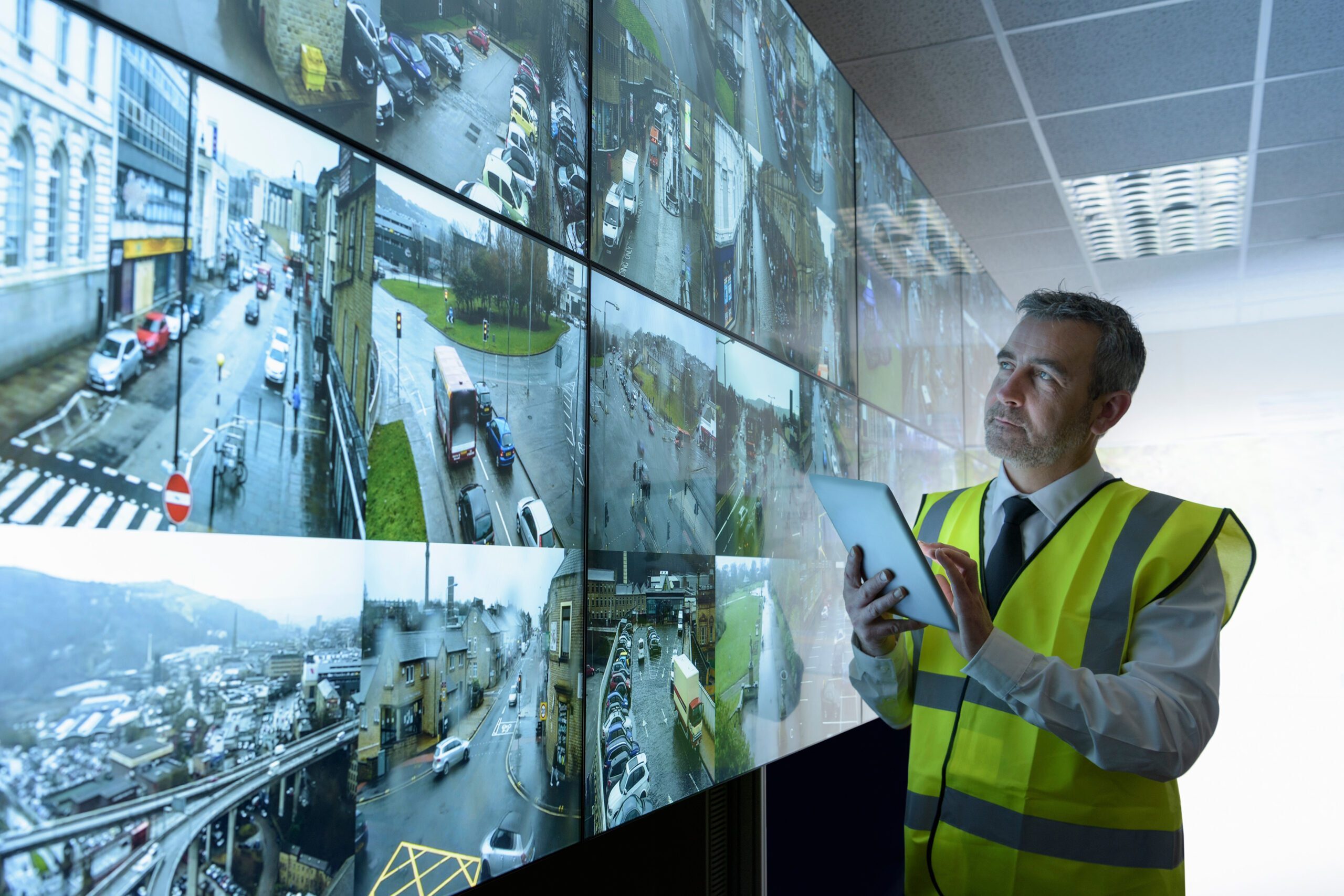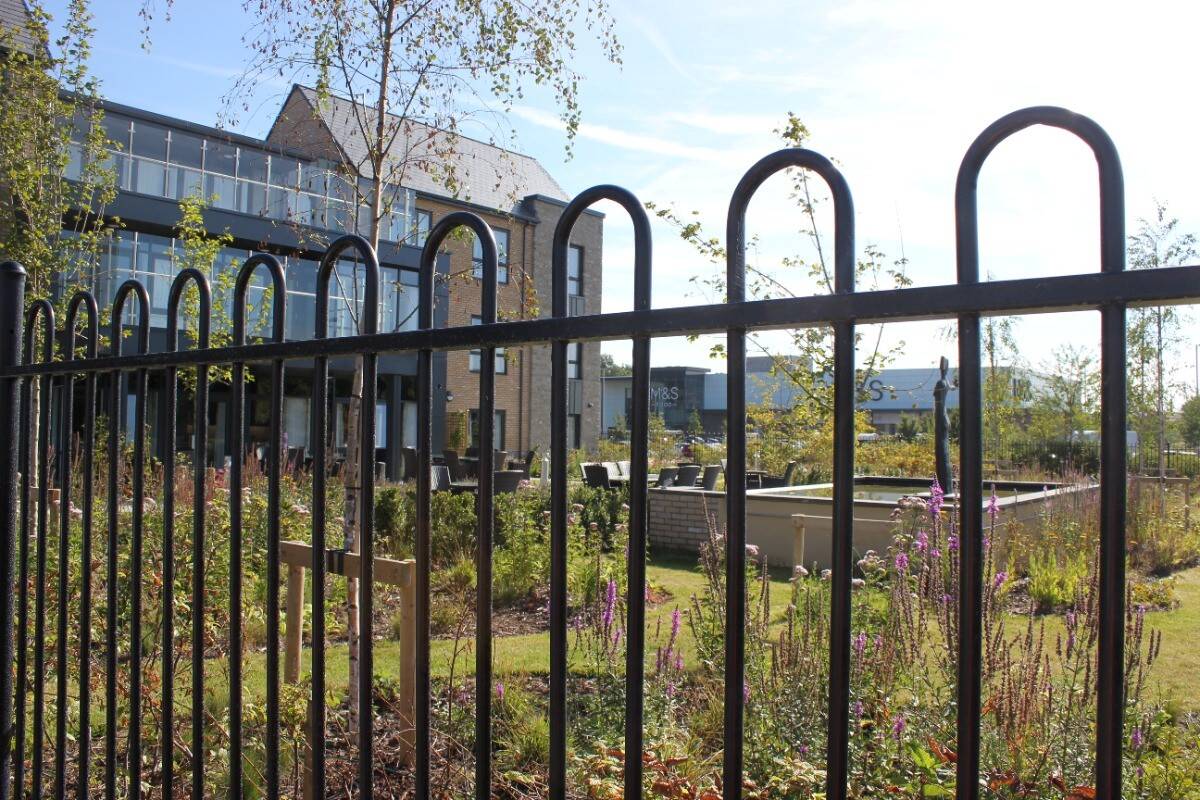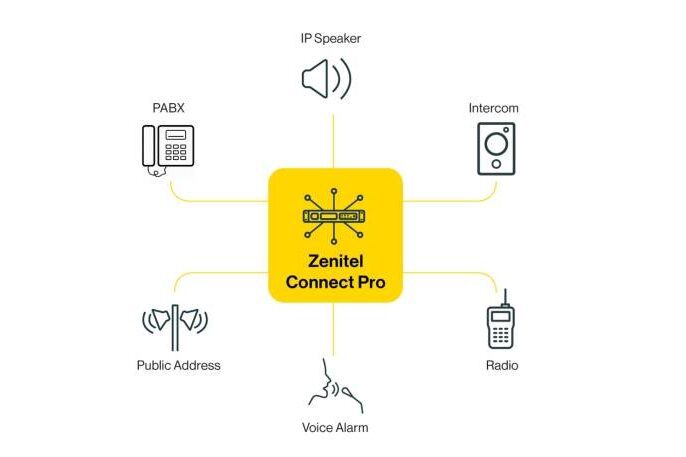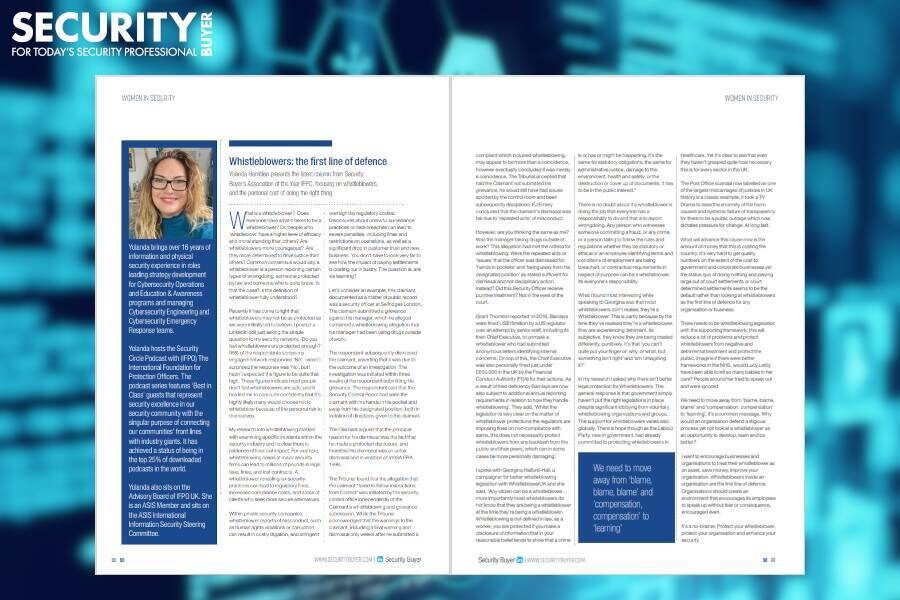London police have a new boss: the Mayor of London Boris Johnson.
Johnson has promised to “relentlessly pursue” extra funding to protect police from cuts and boost police numbers in London as he takes over control of the Metropolitan Police Service (MPS) from the Metropolitan Police Authority (MPA).
The Mayor of London becomes the first mayor in the country to take charge of policing powers under government plans for directly-elected police commissioners which they hope will give more local control to the electorate. It’s part of the Police Reform and Social Responsibility Bill which received Royal Assent in September 2011.
Formerly under the control of the MPA, control devolved to the Mayor’s Office for Policing and Crime at midnight on 16 January. Other police forces will follow suit in November after local elections have been held.
What does this mean for the police?
- The Mayor will oversee the policing budget
- The MPS commissioner will continue to exercise operational control over the police
- Kit Malthouse the Deputy Mayor for Policing will lead the MOPC on behalf of the Mayor
- Mayor will meet regularly with the Commissioner
Mayor Johnson said: “Protecting our police force and getting more officers out pounding the streets is more crucial than ever. We’ve taken thousands of knives off the streets and prioritised youth violence, but we need to do even more to crackdown on criminals. Londoners rightly expect to live in a safe city and I’ll now be keeping an even closer eye on every aspect of policing, ensuring more than ever that the crimes that most concern Londoners are addressed.”
Deputy Mayor for Policing Kit Malthouse said: “I’ll continue to push for long term crime prevention in youth violence, street robbery, drugs, burglary and gangs. These are the crimes people fear most and that we will target relentlessly. We’ve been strengthening the fight against crime over the last few years. Crime is lower and police officer numbers are up. I promise this new office will further boost our plans to get more uniformed warranted officers back on the beat, keeping our streets safe.”
Nick Herbert Minister for Policing and Criminal Justice said: “The government is transforming policing for the modern age with the most radical programme of change for more than 50 years. The introduction of directly elected Police and Crime Commissioners is part of our reform agenda which will free the police to fight crime at the national and local level, deliver better value for the taxpayer and give the public a stronger voice. The people of London have from today a stronger voice in how their streets are policed and will be able to turn to the Mayor of London to hold the police to account on their behalf.”
What are the MOPC’s priorities? According to the MOPC website, they are:
- strengthening the Met’s response to serious youth violence including knife crime
- ensuring London has enough frontline police officers on the streets
- targeting robbery, burglary and drug dealing in every borough
- getting tough on gangs and tackling re-offending rates
A Police and Crime Committee consisting of 12 elected members of the London Assembly will scrutinise the work of MOPC and meet regularly to question the Deputy Mayor of Policing and Crime.


















